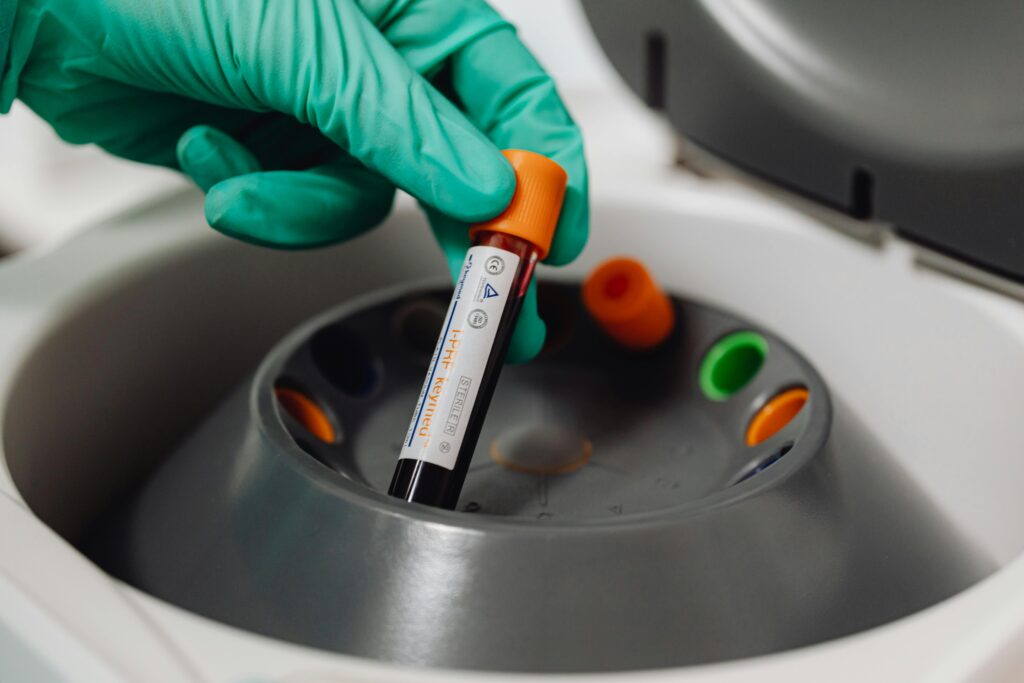
Surgical Technology: Innovations Revolutionizing Modern Healthcare
Introduction:
In the dynamic field of healthcare, surgical technology plays a pivotal role in enhancing patient outcomes, improving procedural efficiency, and advancing the practice of medicine. From minimally invasive techniques to robotic-assisted surgeries, the evolution of surgical technology continues to revolutionize the way surgeries are performed and patients are treated. In this high-value article, we delve into the latest advancements in surgical technology, highlighting the transformative impact they have on surgical procedures, patient care, and healthcare delivery.

- Minimally Invasive Surgery: Precision and Efficiency
- Explore the paradigm shift towards minimally invasive surgical techniques, which utilize small incisions and specialized instruments to perform complex procedures with greater precision and minimal tissue damage.
- Highlight advancements such as laparoscopy, arthroscopy, and endoscopy, which enable surgeons to visualize internal structures and perform intricate procedures with enhanced visualization and control.
- Discuss the benefits of minimally invasive surgery, including reduced postoperative pain, shorter hospital stays, faster recovery times, and lower complication rates, leading to improved patient outcomes and satisfaction.
- Robotic-Assisted Surgery: Precision and Dexterity
- Delve into the transformative potential of robotic-assisted surgery, which combines the precision of robotic systems with the expertise of skilled surgeons to perform complex procedures with unparalleled accuracy and dexterity.
- Showcase robotic surgical platforms such as the da Vinci Surgical System, which enable surgeons to perform minimally invasive procedures with enhanced visualization, precision instrument control, and 3D imaging capabilities.
- Discuss the advantages of robotic-assisted surgery, including reduced surgeon fatigue, improved ergonomics, and the ability to perform delicate procedures in tight spaces with greater accuracy and precision.
- Image-Guided Surgery: Enhanced Visualization and Navigation
- Explore the role of image-guided surgery in providing surgeons with real-time visualization and navigation tools to accurately identify anatomical structures, target lesions, and navigate complex surgical pathways.
- Highlight technologies such as intraoperative imaging, fluoroscopy, and 3D navigation systems, which enable surgeons to plan and execute procedures with greater precision and confidence.
- Discuss the impact of image-guided surgery on improving surgical outcomes, reducing intraoperative complications, and optimizing patient safety by minimizing the risk of unintended tissue damage or injury.
- Augmented Reality and Surgical Simulation: Training for Excellence
- Showcase the emerging field of augmented reality (AR) and surgical simulation, which provide surgeons with immersive training experiences and realistic simulations to hone their skills and improve surgical proficiency.
- Highlight AR-based surgical navigation systems, virtual reality (VR) surgical simulators, and haptic feedback devices, which enable surgeons to practice procedures in a risk-free environment and refine their techniques before performing surgery on patients.
- Discuss the benefits of surgical simulation in reducing learning curves, enhancing surgical proficiency, and improving patient safety by ensuring that surgeons are adequately trained and prepared to perform complex procedures with confidence.
Conclusion:
Surgical technology continues to push the boundaries of what’s possible in modern healthcare, enabling surgeons to perform complex procedures with greater precision, efficiency, and safety than ever before. From minimally invasive techniques and robotic-assisted surgery to image-guided navigation and surgical simulation, the evolution of surgical technology holds promise for improving patient outcomes, reducing complications, and advancing the practice of medicine. As surgical technology continues to evolve and innovate, patients can expect to benefit from safer, more effective surgical procedures that offer faster recovery times, shorter hospital stays, and better long-term outcomes.